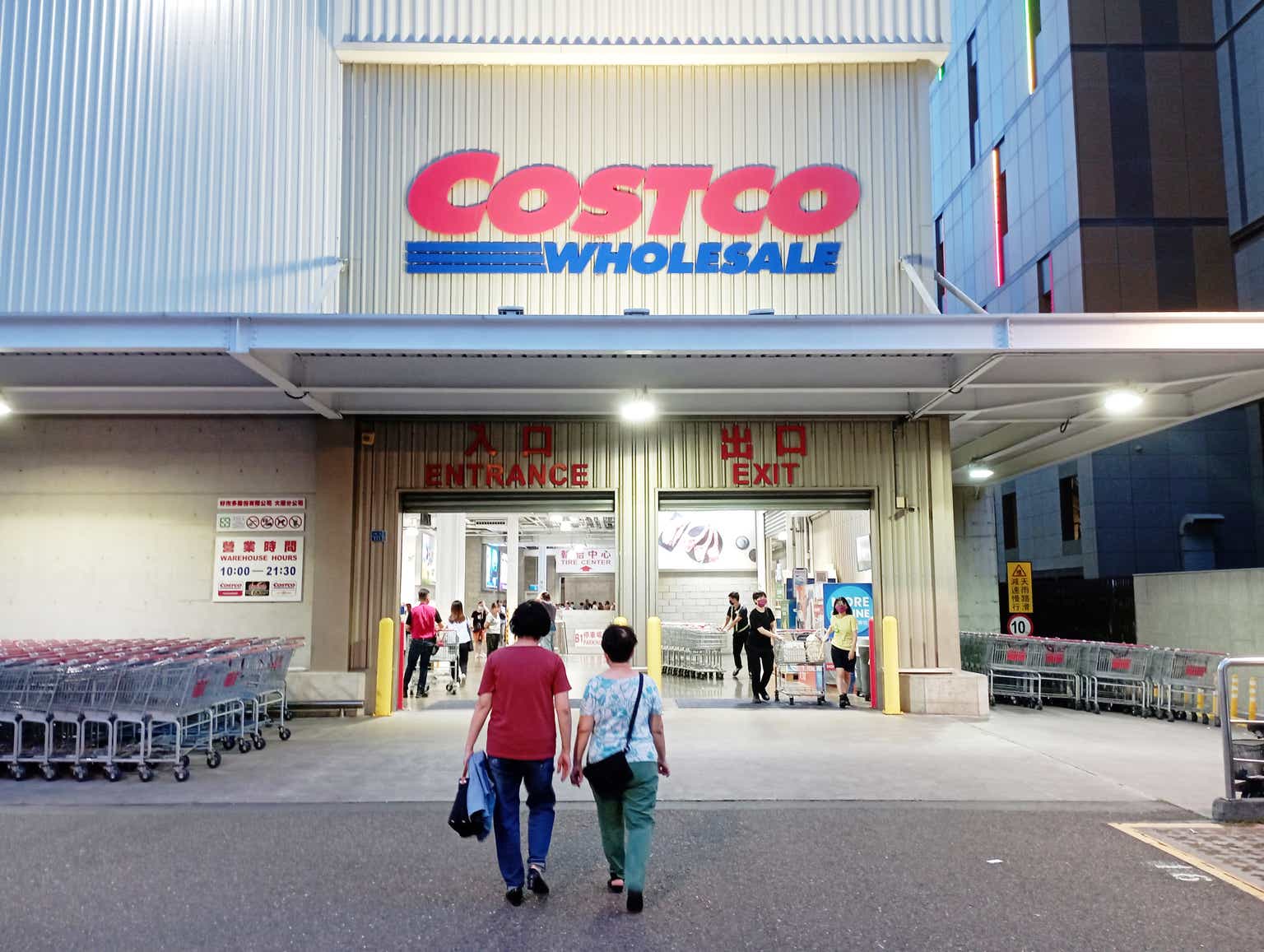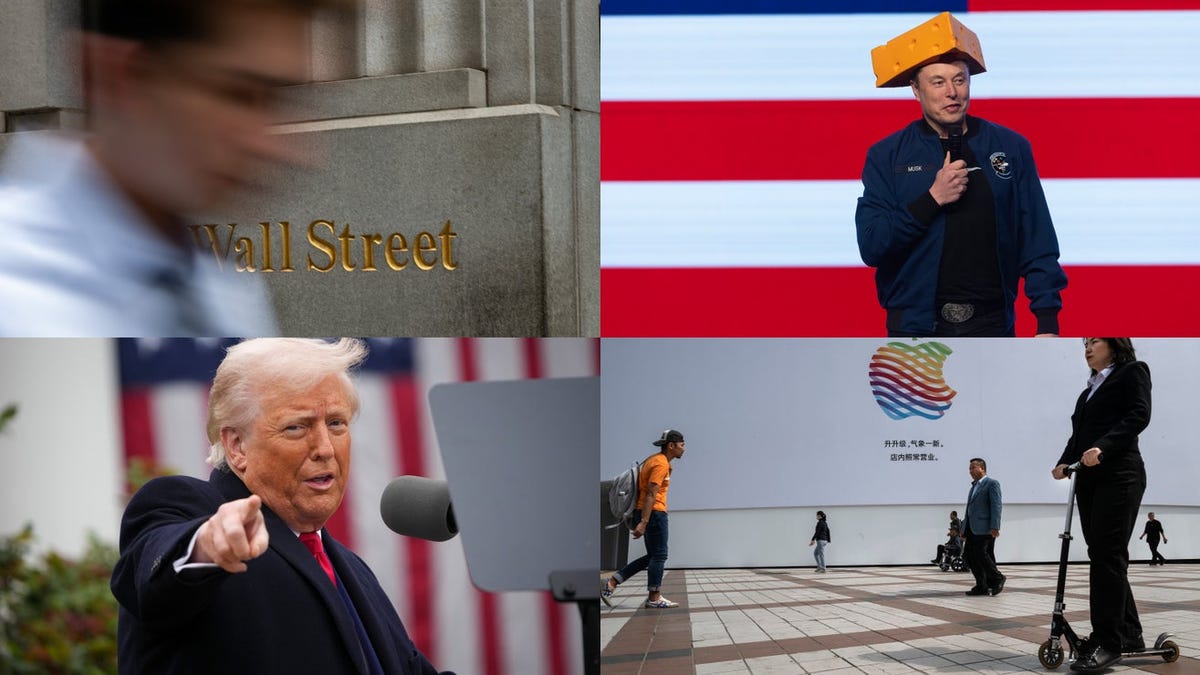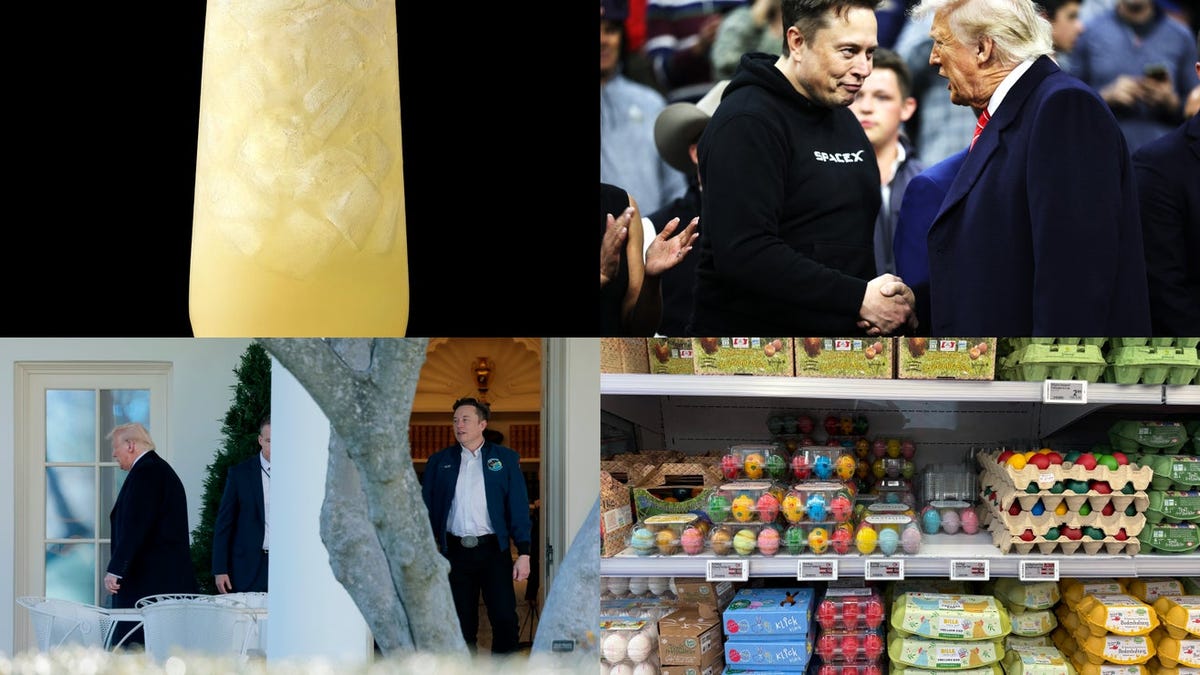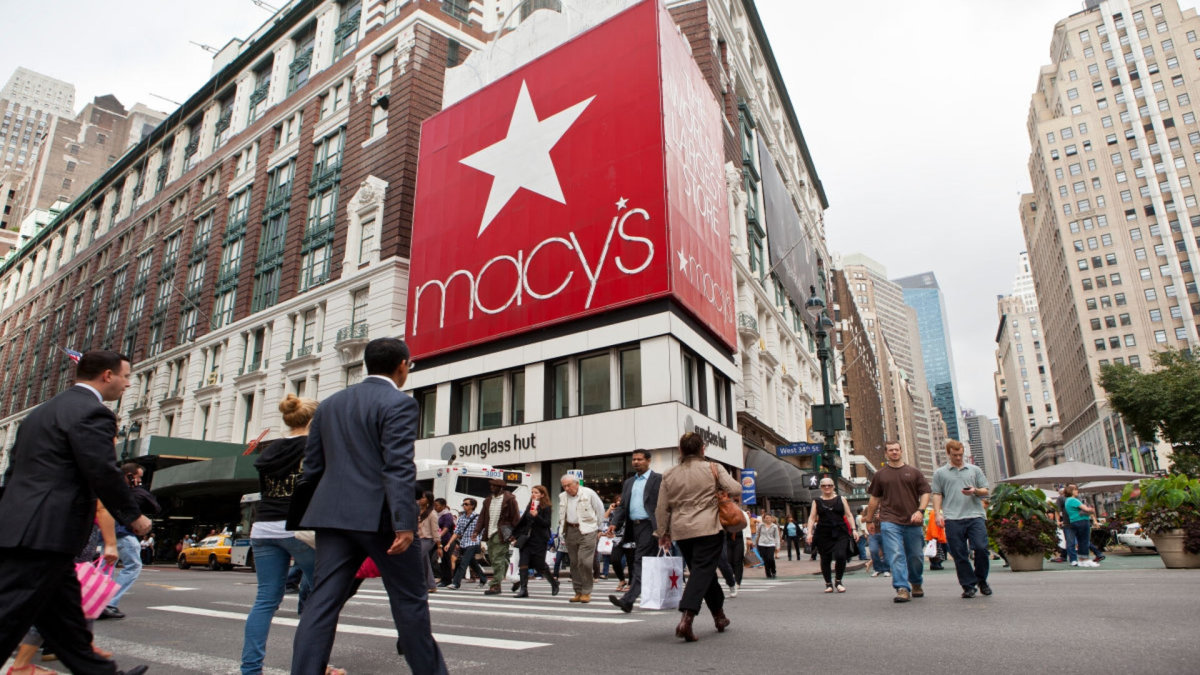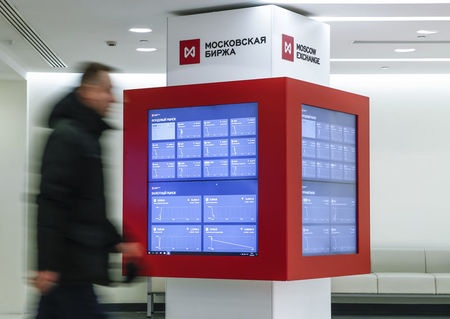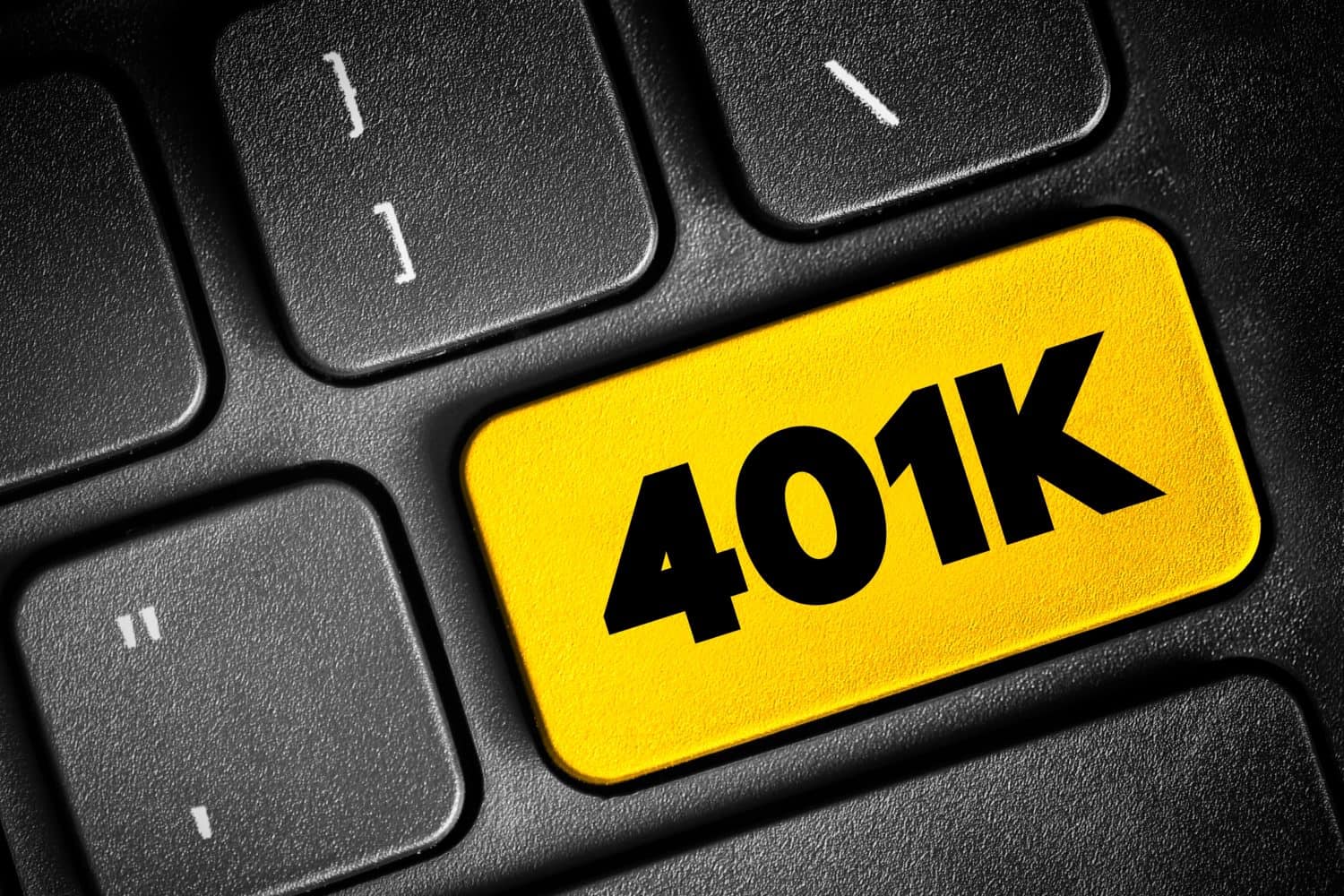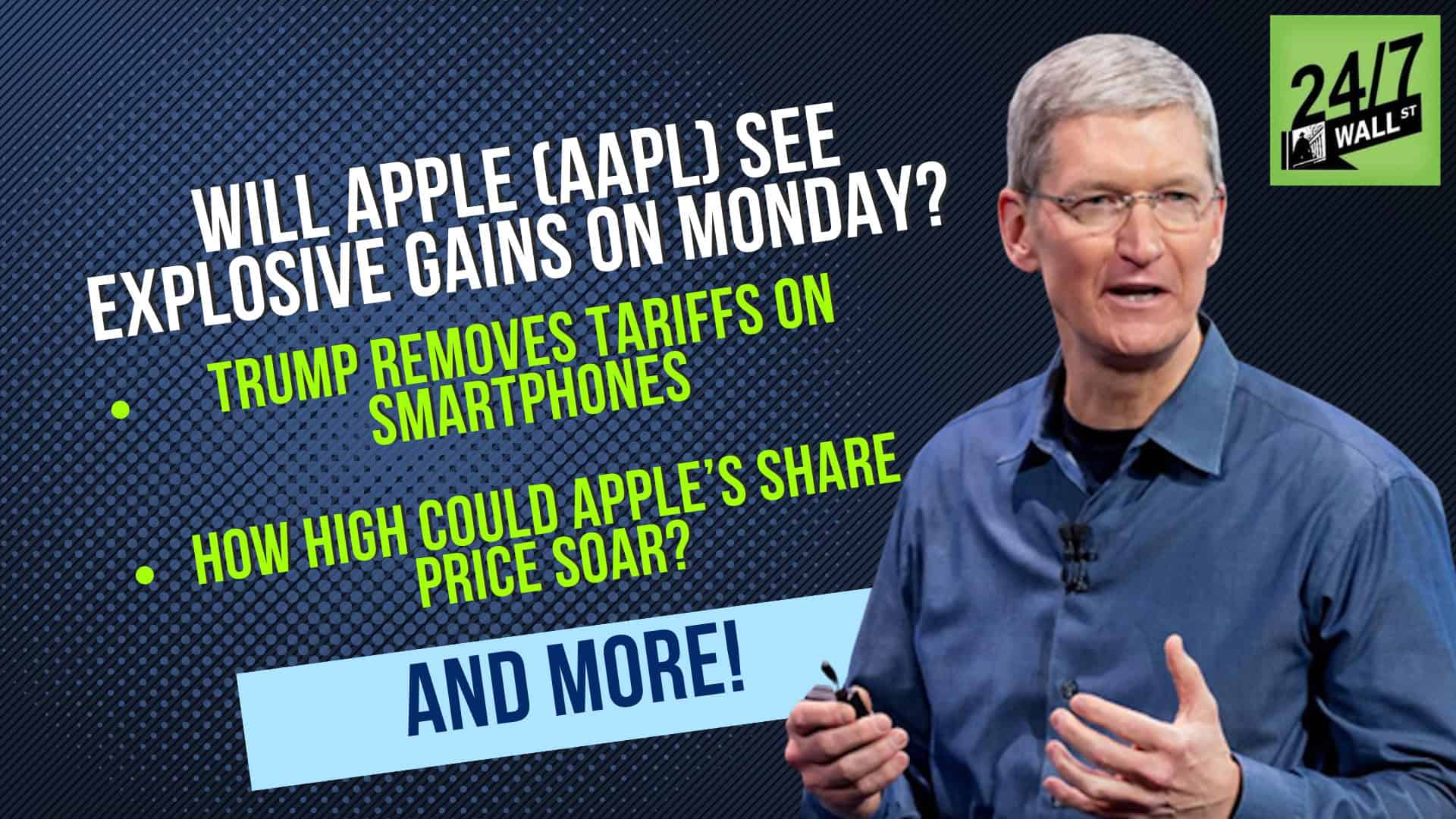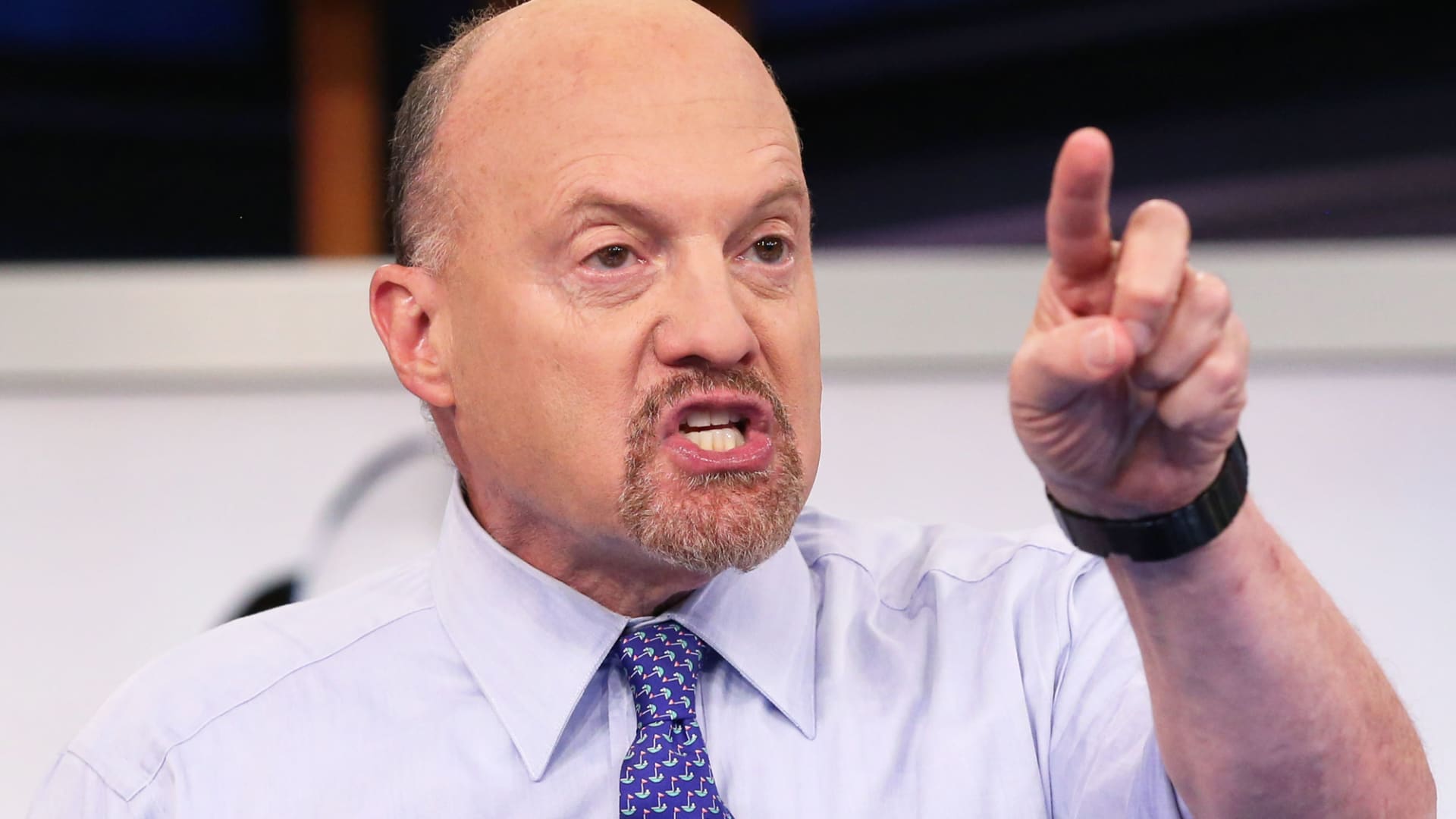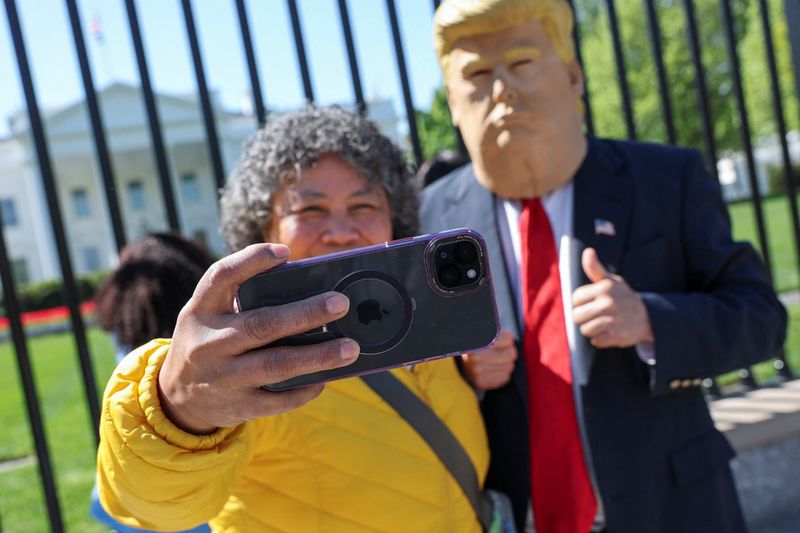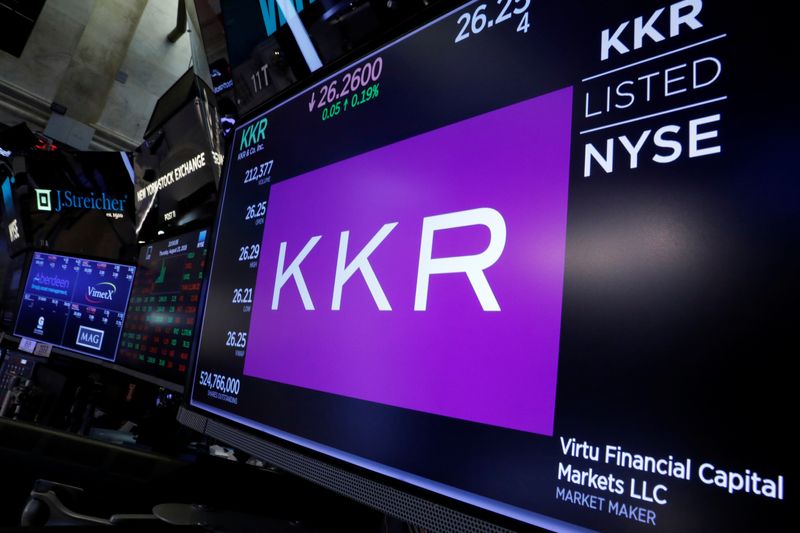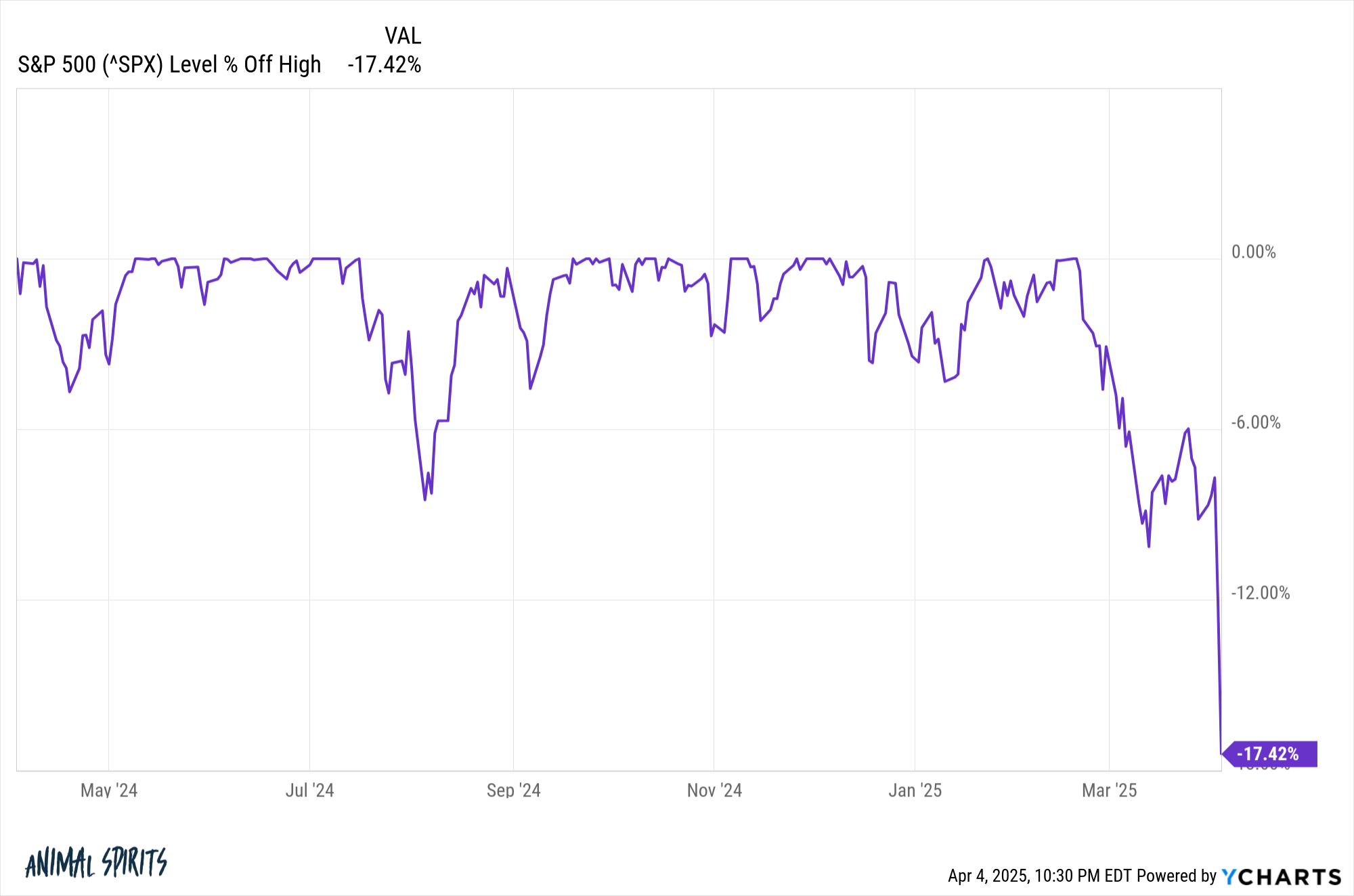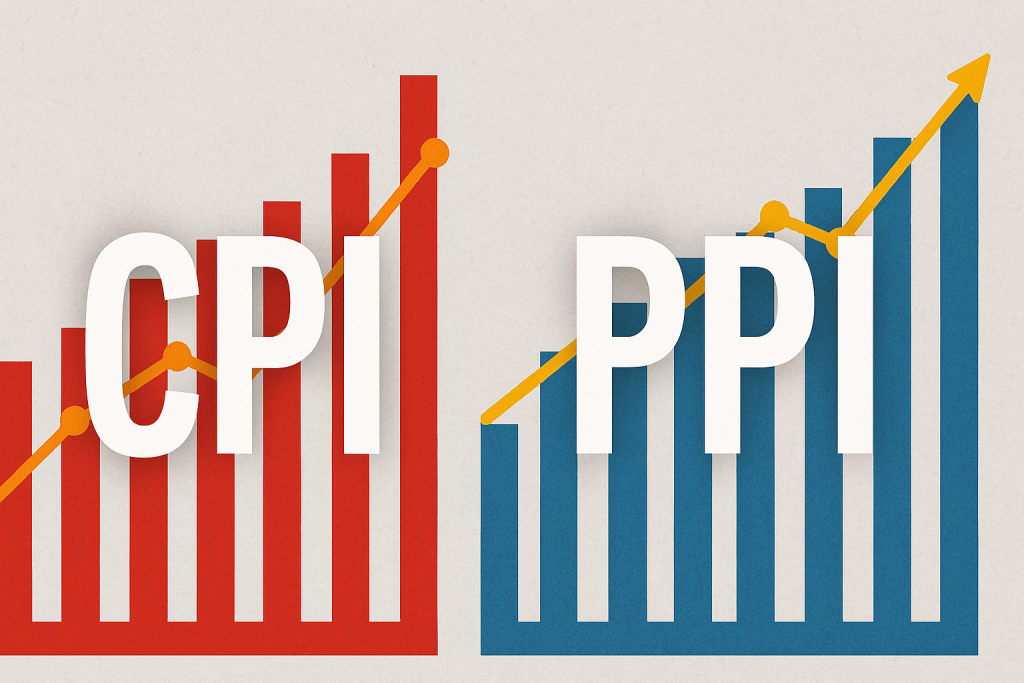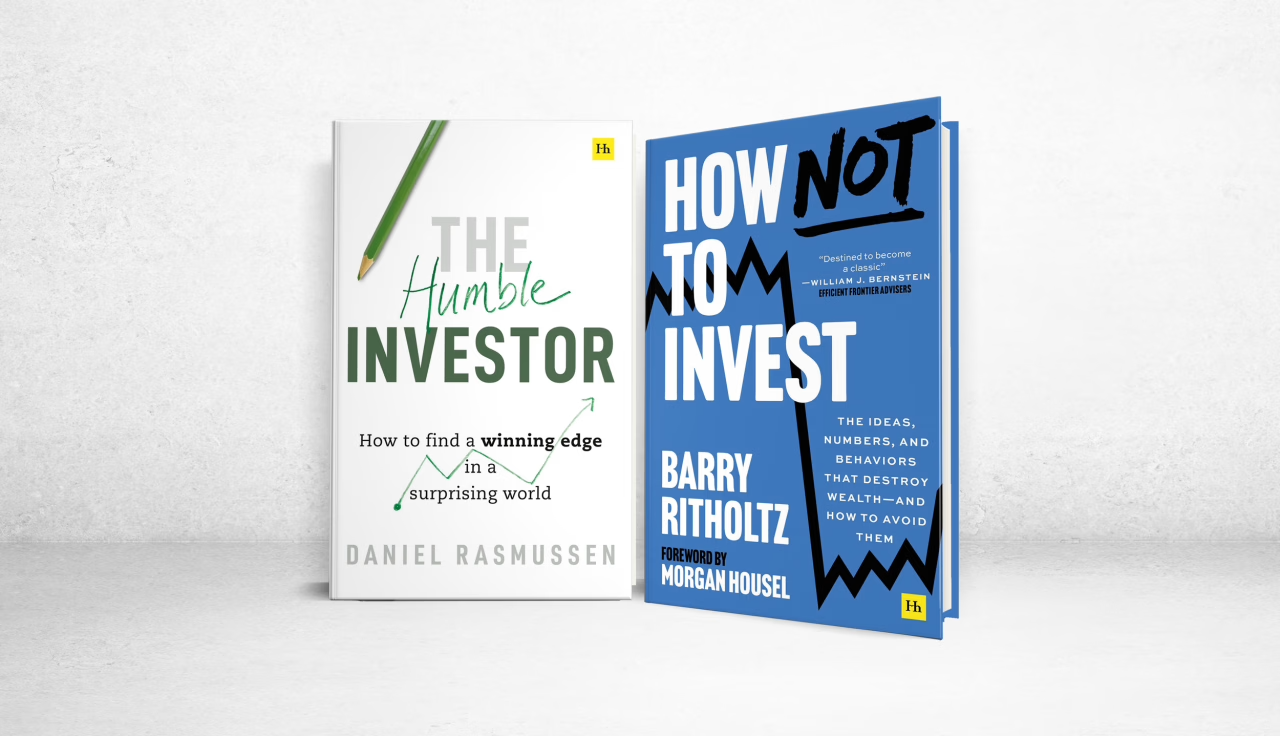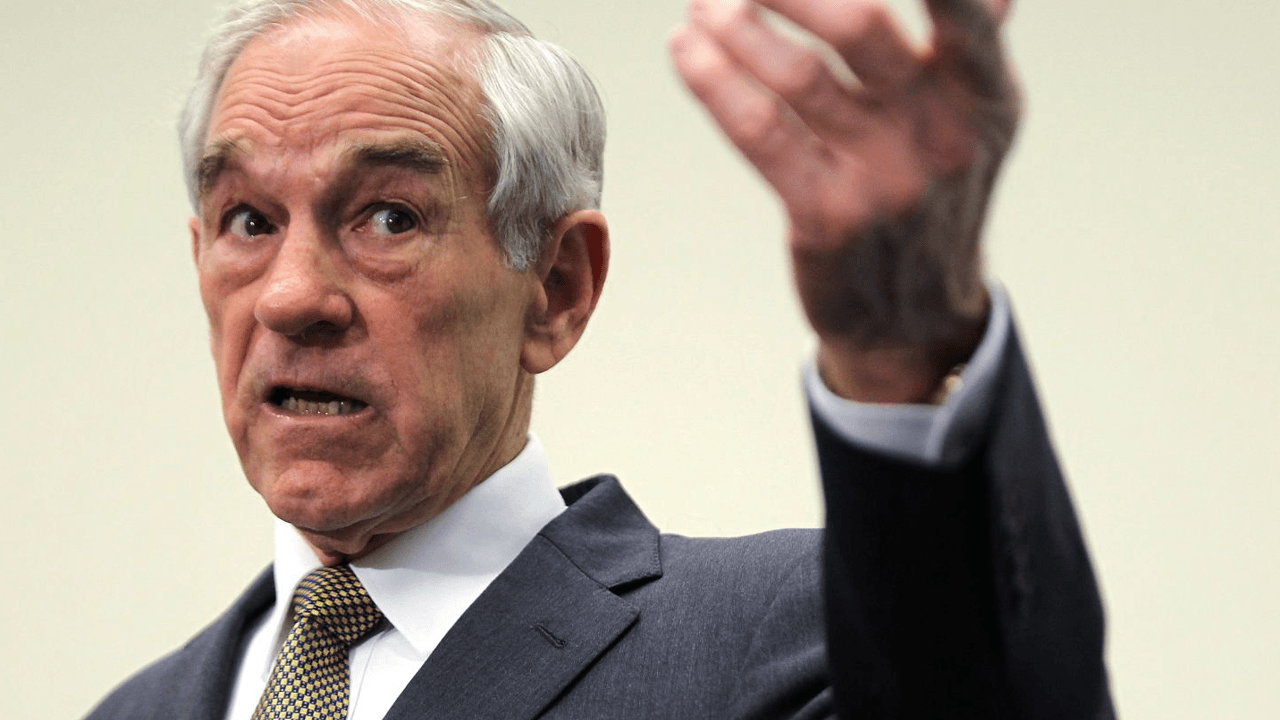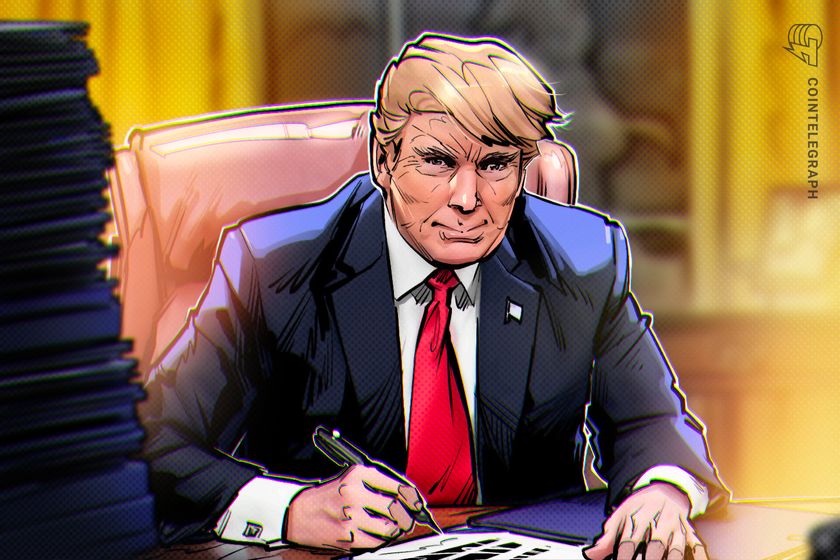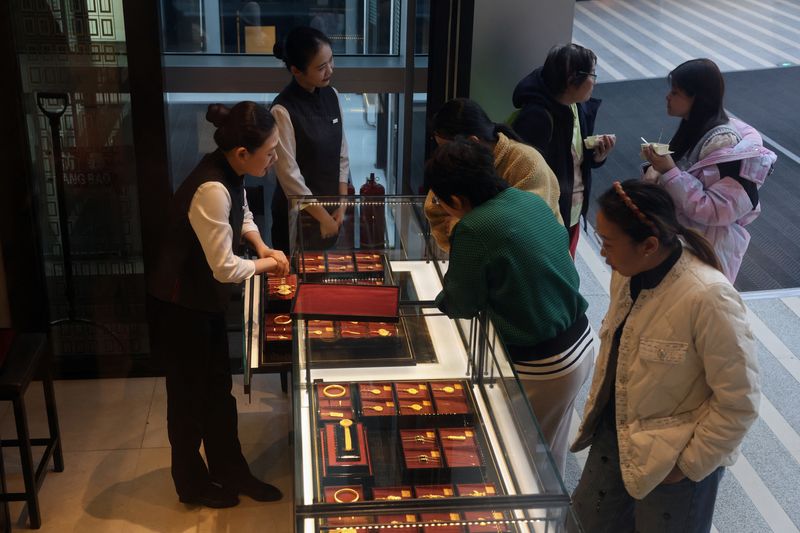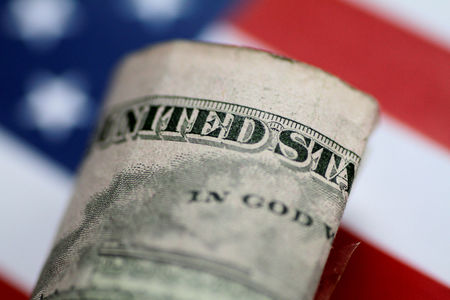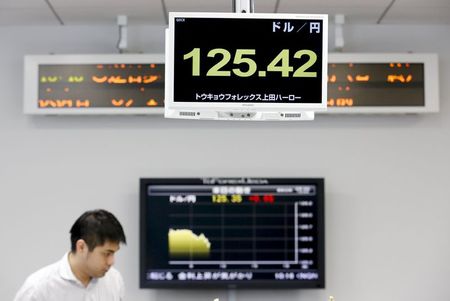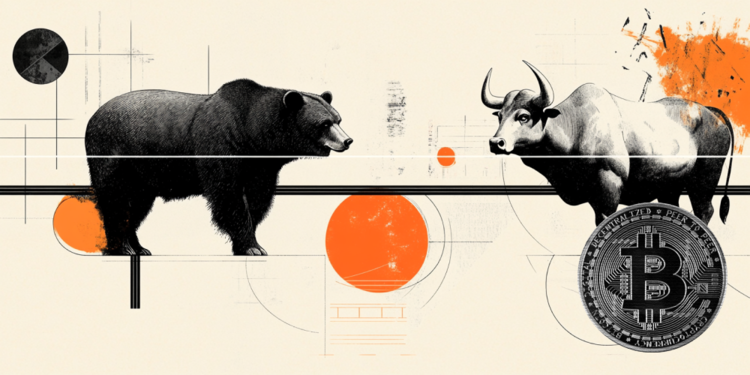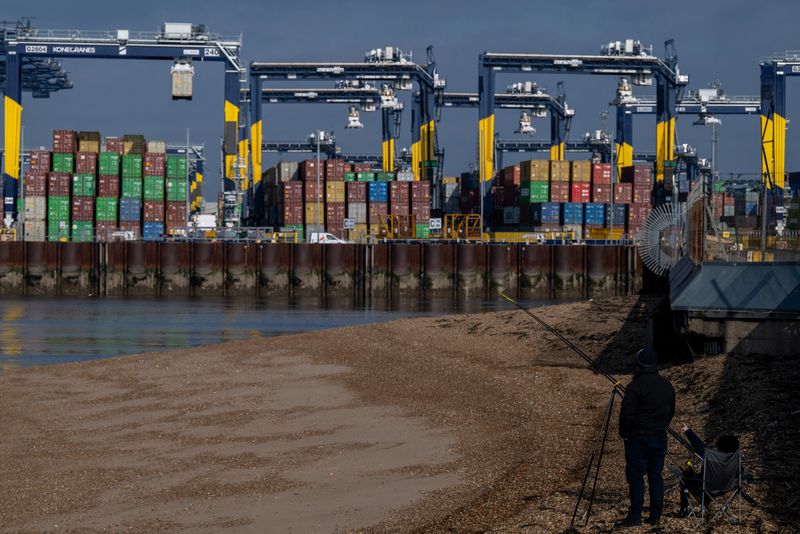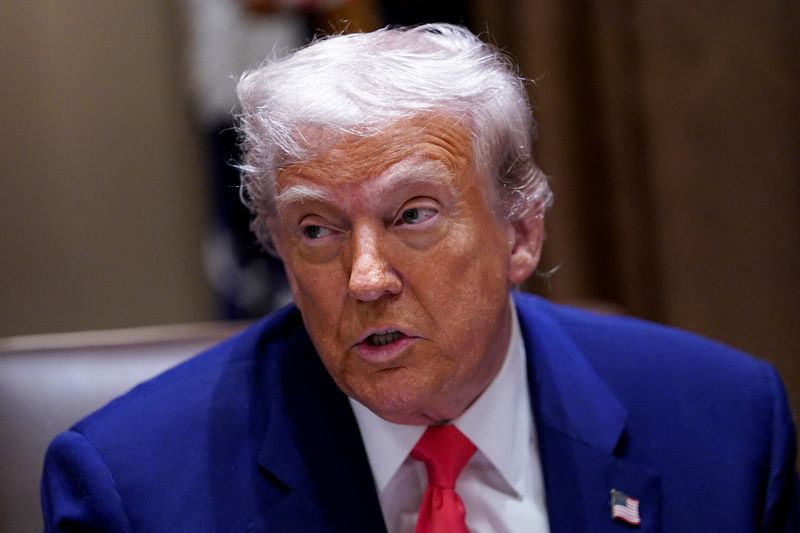Small businesses want to thrive, not just survive. That’s where the tariffs uncertainty hurts the most
Small-business owners are freezing hiring and delaying investments—which will hamper long-term growth and innovation.

There is a scary truth that keeps every small business owner up at night: They are always one step away from bankruptcy.
Each year there is one event—it could be the loss of a key employee, a long-time supplier going out of business, or the impact of a natural disaster—but there’s one major shake-up that threatens to put them under.
This year, the event that will impact the majority of American small businesses is the threat of widespread tariffs.
Yes, tariffs on imported goods could cause some businesses to have a higher cost. But this isn’t necessarily the problem. Businesses often have changing costs, due to a wide variety of factors, and businesses can typically navigate through it.
The problem is the continuing uncertainty of the situation.
These broad-sweeping policy changes related to tariffs have been accompanied by mixed messaging. Business owners are left asking: Which countries are impacted? What is the new rate on my materials or finished goods? When does this go into effect? Is this a short-term negotiating tactic or a long-term policy?
Business owners are comfortable with making hard decisions. But in the face of uncertainty, small businesses are responding by hitting the pause button. What does this mean? They are freezing hiring. Job postings for open positions are being taken down and employees who leave are not being replaced. They are delaying investments. In the short-term, that means they are not buying inventory. More importantly, they are not investing in the future, striking investments in technology, facilities, and other infrastructure that is required to move a business forward. These moves will slow sales, and more importantly, hamper long-term growth and innovation.
For those businesses that have decided to be quick to act, the efforts seem somewhat short-sighted, along the lines of rerouting shipments through another country or adjusting the invoicing process with a supplier in hopes of reducing the impact of the tariffs on their product. It is hard to fault a business that is using their time and resources to cut costs, skirt the system, or chase down a loophole if it means they are able to continue to turn a profit. But this activity is not what makes America tick, as we have long relied on small businesses to spend their time and resources to innovate in the areas of product development, process optimization, and expansion of sales.
One action that I do not hear about is an interest in companies bringing back manufacturing to the USA. Being a domestic apparel manufacturer, I have a close ear to the ground for production needs and capacity in our industry. This is shockingly different from the response during the COVID pandemic, when companies small and large rallied around the idea of manufacturing in the USA, and many made significant strides to do so, even if only for a short period of time. In my world of apparel manufacturing, tariffs are going to hit many companies hard. At the same time, I know of three long-time manufacturing operations that are likely to close their doors in the coming months due to lack of demand.
How can small businesses survive the uncertainty of tariffs?
- Create structured frameworks to guide action. It’s clear that this will be a situation that continues to evolve, so having a defined process for gathering information, evaluating opportunities, and making decisions will help navigate ongoing change. Develop frameworks for hiring, purchasing, pricing, and other important business operations, and key metrics to keep them in line. If demand for your product slows, be ready to pull back on inventory purchasing and sales staff. If costs increase, have a plan to adjust price and increase the value to customers.
- Find creative ways to work with others. The collaborative efforts stemming from the COVID pandemic were not only inspirational, they were instrumental to the survival of so many American businesses. Partnering with a neighbor, supplier, or even competitor can add significant value and stability to a business.
- Stay alert and do not lose focus. Widespread tariffs may be the landmark event for a business, but similar to the COVID pandemic, the true test will come in the three to four years following the initial event, as the larger economy will undoubtedly see some seismic shifts in inflation, unemployment, interest rates, or other areas that can be detrimental to small businesses. In the meantime, stay dialed in on your customer, your product, and your business.
- Explore domestic options. For most industries, it is unlikely that a business can eliminate reliance on overseas manufacturing overnight. But even small businesses can begin to diversify their supply chain to lessen their exposure to potential tariffs or other events that could be catastrophic to a business.
American business owners are resilient, and many will survive these uncertain times. But I don’t know a single person who owns a business simply because they want to survive. They want to thrive. Small businesses are the backbone of the American economy and will only be able to continue to add value through innovation, job creation, and community involvement once the uncertainty around widespread tariffs has settled down.
The opinions expressed in Fortune.com commentary pieces are solely the views of their authors and do not necessarily reflect the opinions and beliefs of Fortune.
Read more:
- The pursuit of ‘lean’ operations has left companies mercilessly exposed to the tariffs chaos
- Why I sold my family’s century-plus-old company to my employees
- Tariffs, AI, and a broken pipeline: The workforce crisis no one’s ready for
This story was originally featured on Fortune.com







